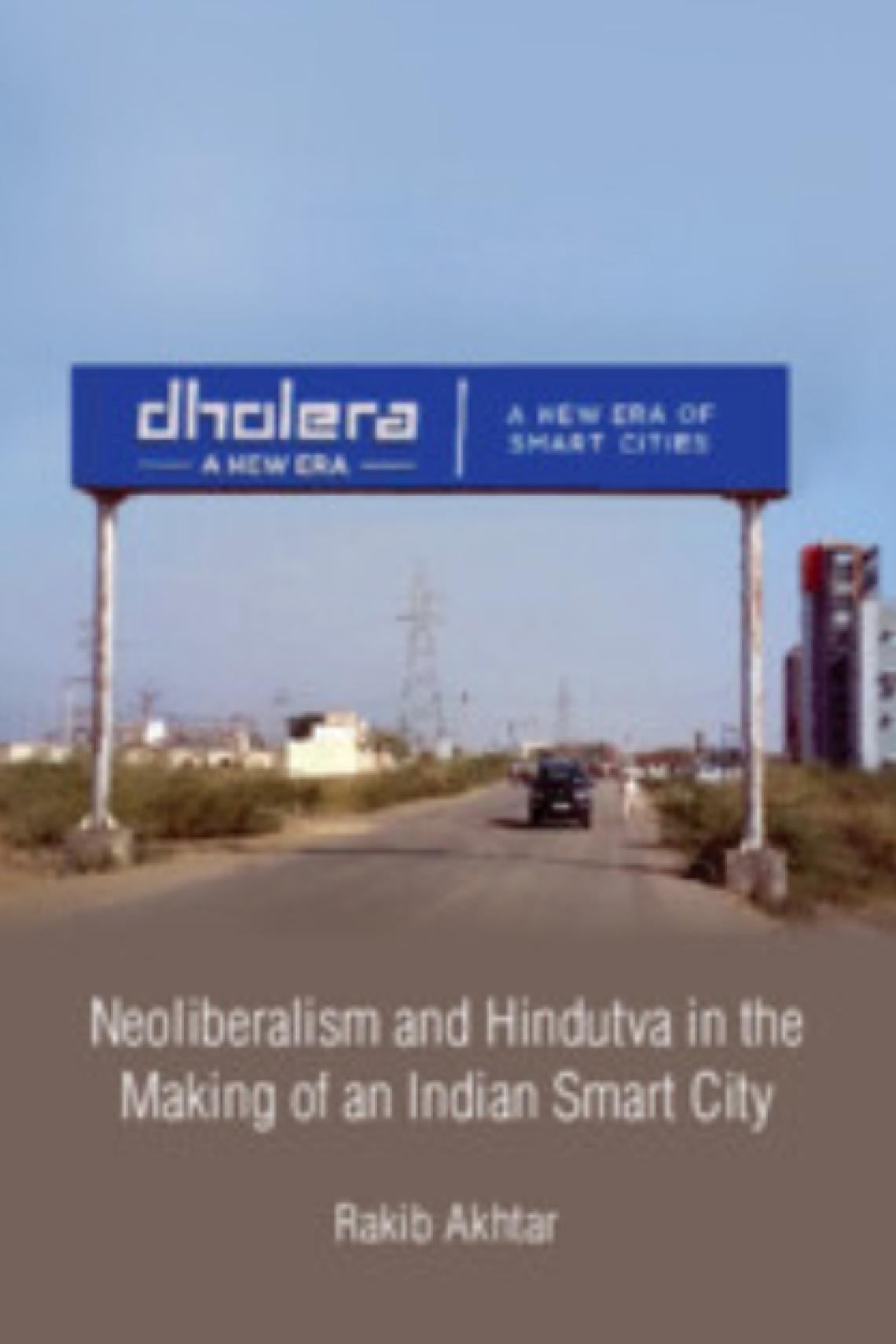New book by Rakib Akhtar explores neoliberalism and Hindutva in Indian smart cities
Dr Rakib Akhtar (DPhil 2016–2020) has a new book titled Neoliberalism and Hindutva in the Making of an Indian Smart City, published by Cambridge University Press.
Now an Assistant Professor in Urban Planning at the University of Birmingham, Dr Akhtar offers a compelling analysis of how neoliberal economic policies intersect with right-wing Hindu nationalism (Hindutva) in shaping India’s smart city initiatives.
While smart cities are often presented as tools for achieving sustainability and tackling planetary challenges posed by climate change, Dr Akhtar’s book uncovers the political forces at play. It explores how the ideologies of neoliberalism and Hindutva work in practice and raises important questions: How can free-market policies coexist with populist right-wing ideologies? And how do authoritarian leaders manipulate these policies for political gain?
Framed within the global rise of right-wing populism—seen in figures like Donald Trump, Narendra Modi, and Recep Tayyip Erdoğan—the book examines how futuristic urban projects, infrastructure, and technological promises are co-opted to promote political agendas. These visions of progress are often wrapped in seductive narratives of development, but Dr Akhtar argues they serve deeper political objectives.
A central insight of the book is the disjuncture between the ideologies and practices of both neoliberalism and Hindutva. As Dr Akhtar puts it, “With the continuing rise of right-wing religious and cultural ideologies globally, this book illustrates how these leaders use mundane urbanisation and infrastructure projects to capture state machinery, often diverging from their foundational principles.”
Neoliberalism and Hindutva in the Making of an Indian Smart City is an essential reading for anyone interested in the intersections of politics, urban planning, and sustainable development.

